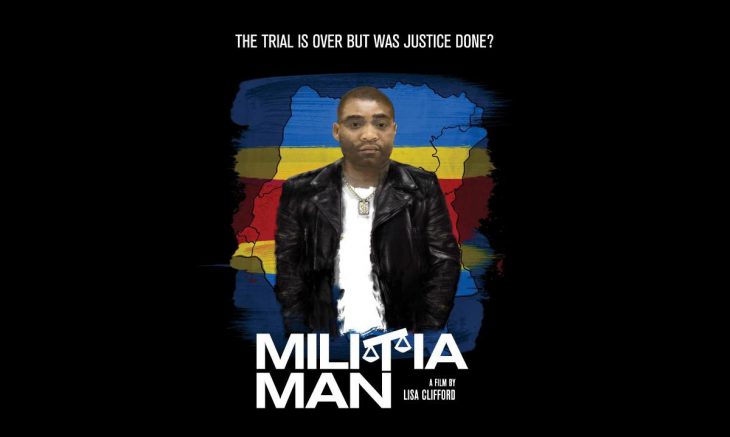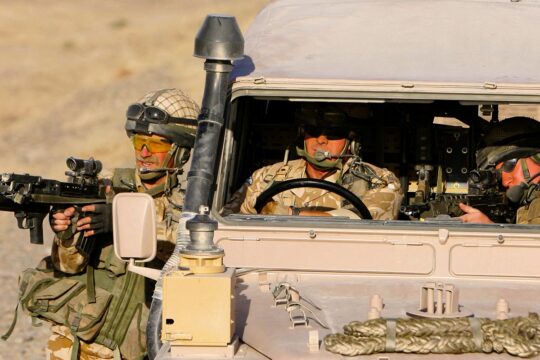To listen to the podcast, click on the "play" button below:
When the trial is over – the lawyers have argued, the judges have judged, the sentence has been served – then what? The guilty person says they want to return home, because they were sorry about what happened, and they want to try to make amends.
That’s the story of Germain Katanga, one of two local ethnic militia commanders from Ituri province in the Democratic Republic of the Congo (DRC), who were on trial from 2009 to 2014 at the International Criminal Court (ICC) for war crimes in the village of Bogoro in the eastern province of Ituri. One man was set free. Katanga though had the charges against him changed by the judges, after all the evidence was heard and after he’d spoken directly to the court to say sorry – admitting his guilt. After sentencing he stayed in The Hague a scant few months, because his trial had taken so long, he had technically served his sentence. And then, he went back to the DRC.
There, he was put in jail again. This time by the Kinshasa authorities. And, according to his lawyer David Hooper, The Hague has basically washed its hands of responsibility for the intended ‘re-trial’ that has still not yet taken place, some four years later.
Filmmaker and journalist Lisa Clifford was fascinated by the story. Together with Katanga’s lawyers, Hooper and Caroline Buisman, she visited him in the Scheveningen detention unit, and again in the main prison in Kinshasa. She also went with the lawyers as they tried to take Katanga’s apology back to the people of Bogoro. But through the eyes of a young woman who lost her whole family when Katanga’s militia attacked, Clifford also explores the limits of forgiveness and reconciliation.
If you want to watch a film that should make you deeply question the meaning of punishments for mass atrocity crimes, and challenge your pre-conceptions about justice and the ICC, then watch Militia Man. Otherwise, listen to Lisa explaining her methods to us in this edition of Asymmetrical Haircuts.
 ASYMMETRICAL HAIRCUTS
ASYMMETRICAL HAIRCUTS
This podcast has been published as part of a partnership between JusticeInfo.net and Asymmetrical Haircuts, a podcast on international justice produced from The Hague by journalists Janet Anderson and Stephanie van den Berg, who retain full control and independence over the contents of the podcast.






